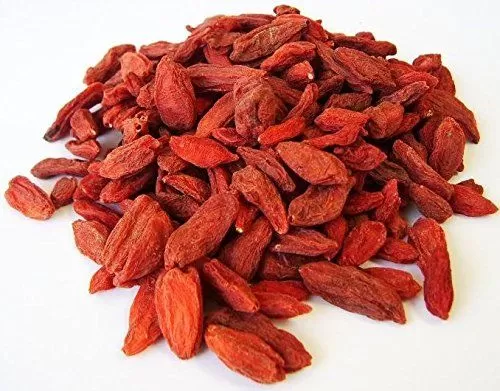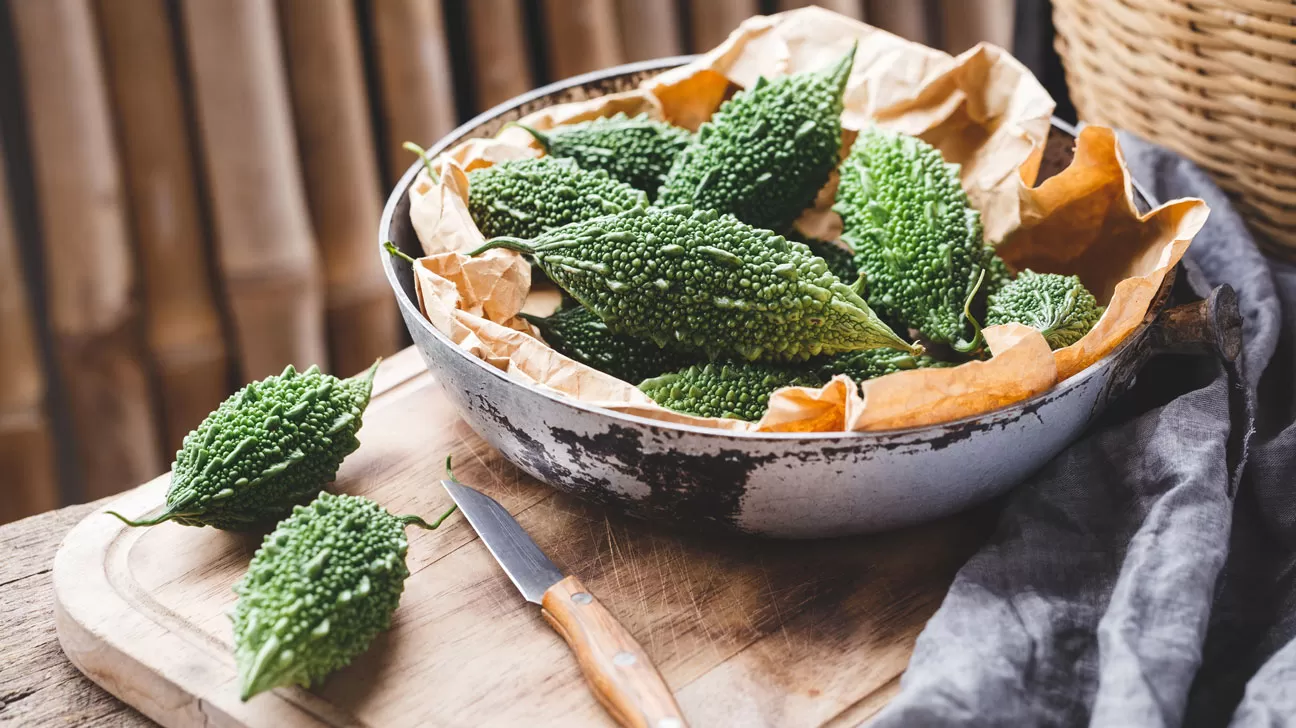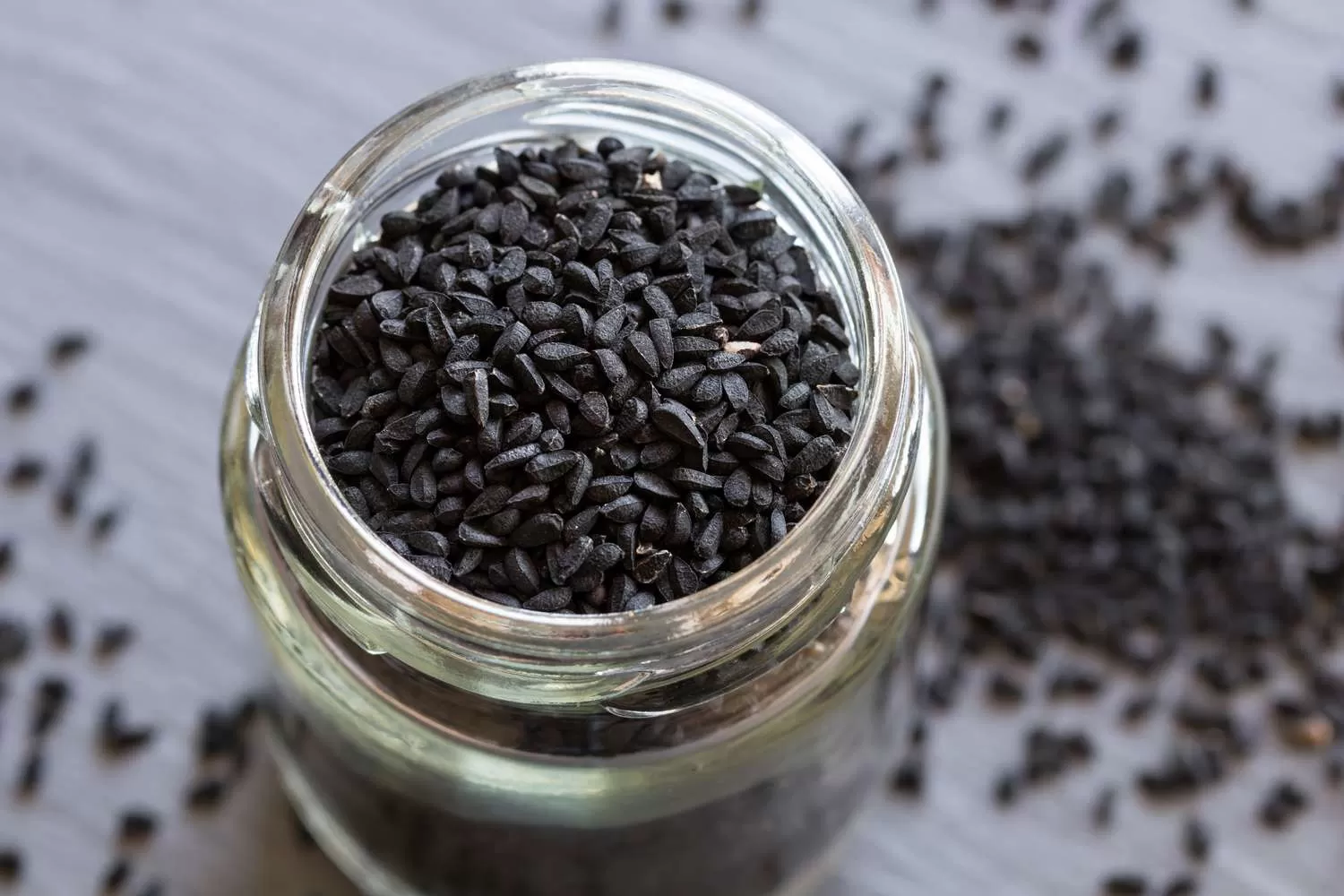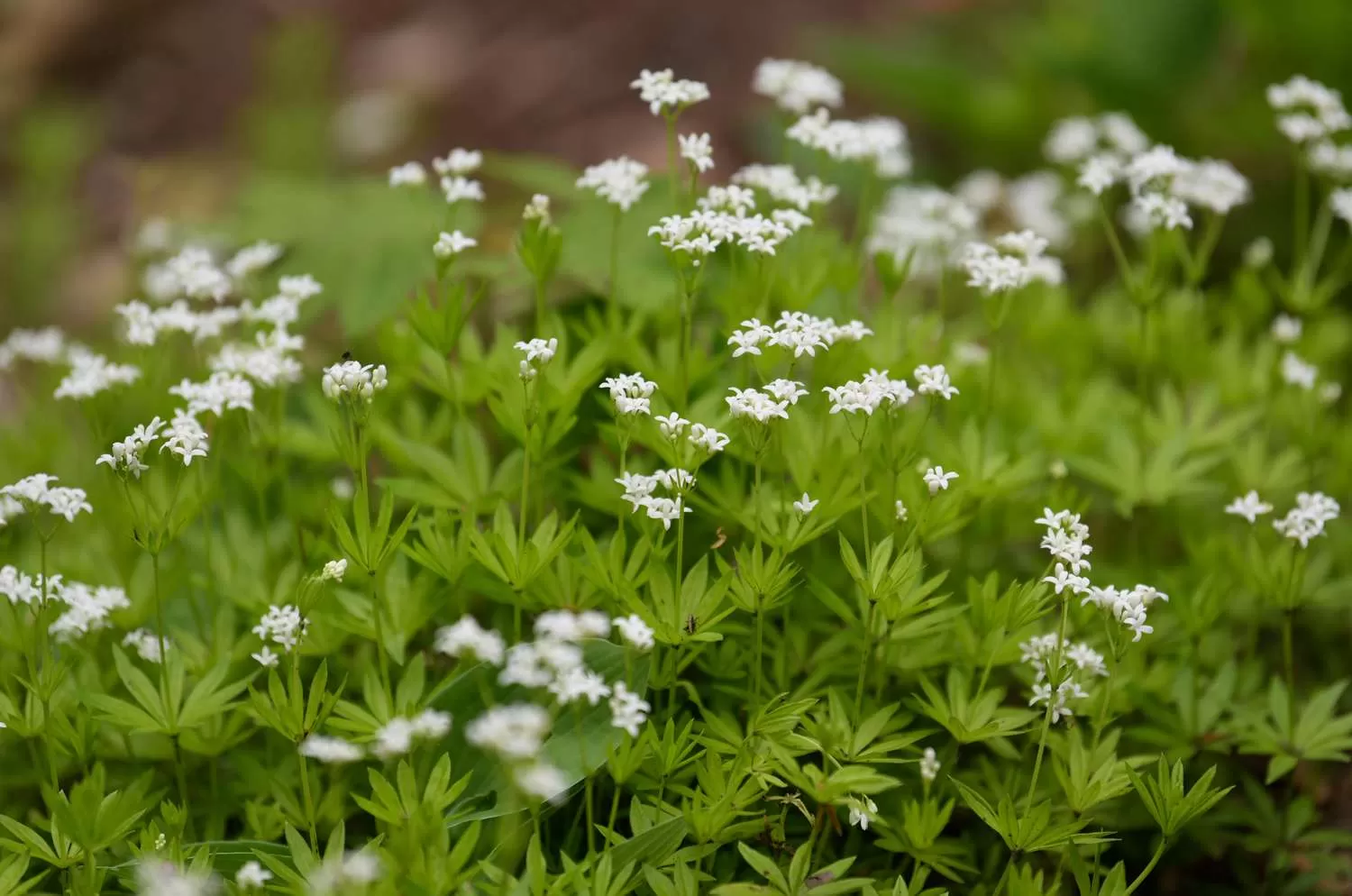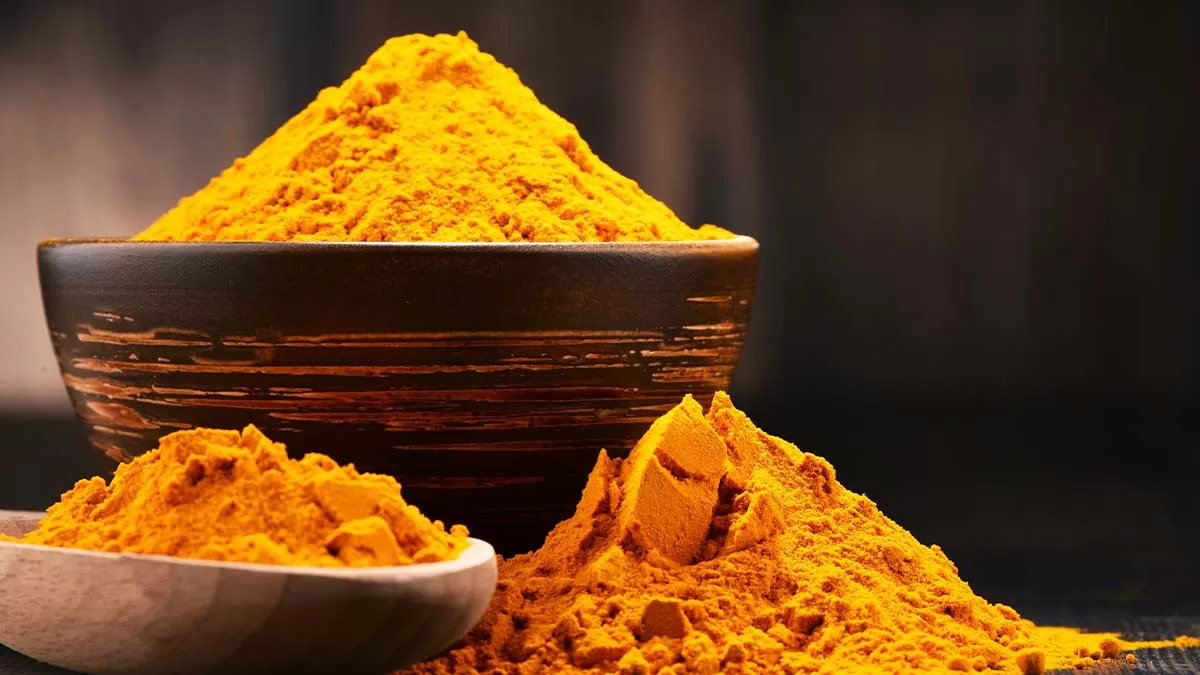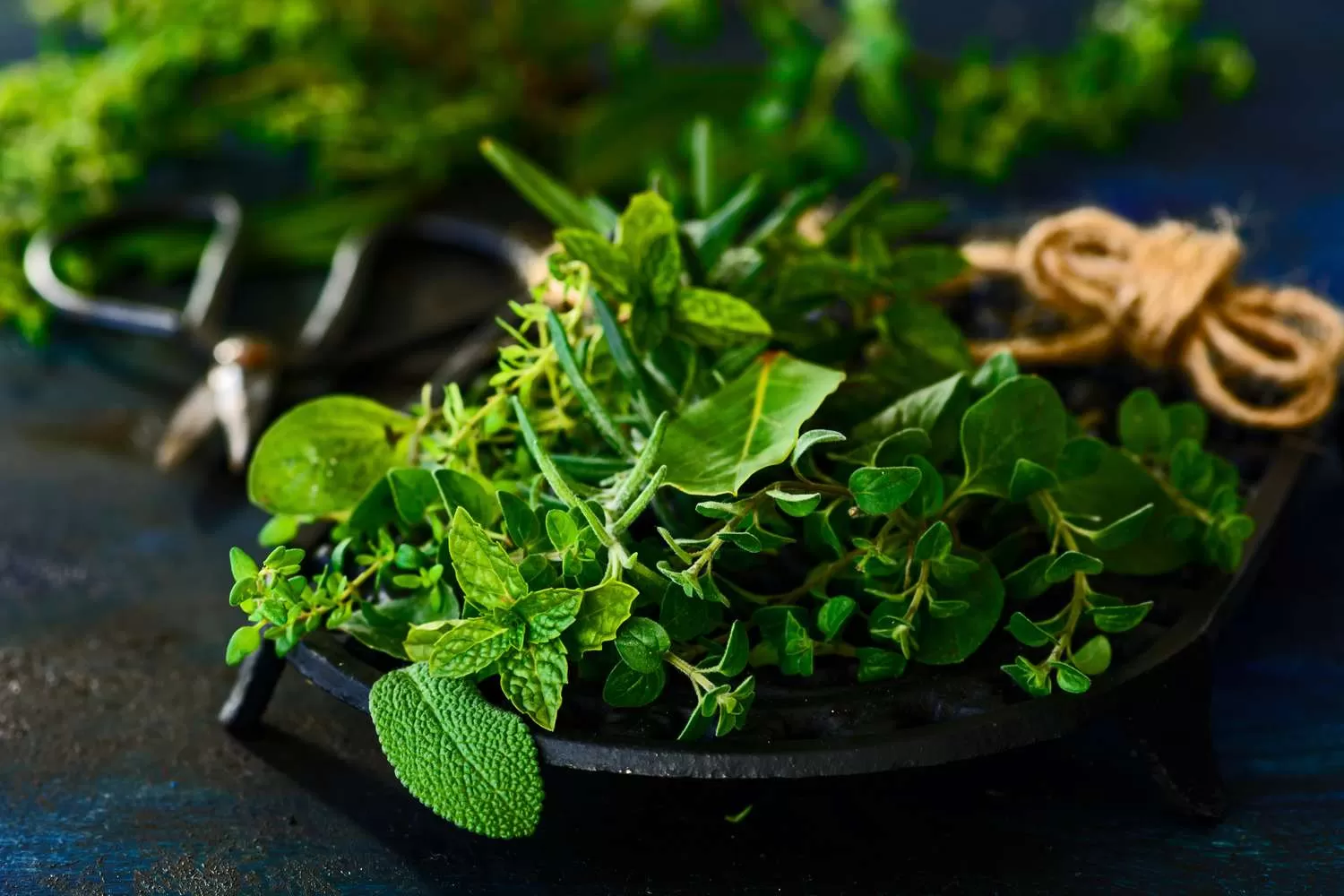- 0086-571-85302990
- sales@greenskybio.com
Remarkable Anti-HIV Compounds Found in Daphne Pseudomezereum
2025-04-11
In a groundbreaking discovery, researchers have identified powerful anti-HIV properties in Daphne pseudomezereum, a plant native to Japan, China, and Korea. Known commonly as Onishibari, this deciduous shrub has been traditionally used for its anti-inflammatory benefits. Now, scientists from Toho University and Duke University Medical Center have unveiled its potential to fight HIV—a virus that has afflicted millions worldwide. Published in the journal Phytochemistry, the study highlights the identification of 10 daphnane diterpenoids, three of which show exceptional anti-HIV activity with minimal toxicity, offering promising pathways for novel treatments.
Key Findings
- Researchers extracted 10 daphnane diterpenoids from the fruits of Daphne pseudomezereum, including three previously unknown compounds.
- Three compounds demonstrated strong anti-HIV activity, with EC50 values as low as 0.78 nM, indicating high efficacy.
- The compounds exhibited low cytotoxicity, with IC50 values surpassing 5 µM, suggesting safety for further development.
- This discovery enhances the plant’s traditional use for chronic skin diseases and rheumatism, broadening its medicinal potential.
A Plant with Rich Medicinal Legacy
Daphne pseudomezereum, part of the Thymelaeaceae family, is recognized for its diverse biological activities, including anticancer, anti-HIV, and analgesic effects. Historically, the bark has been used in Japanese papermaking and traditional medicine, while the fruits—previously toxic and less studied—are now gaining scientific attention.
Leading this research, Professor Wei Li from Toho University concentrated on isolating compounds from the fruits that could impede HIV replication. "This marks the first instance of daphnane diterpenoids isolated from D. pseudomezereum," stated Dr. Wei Li. "These compounds not only exhibit potent anti-HIV activity but also show low toxicity, making them promising candidates for drug development."
Scientific Breakthrough
The research involved extracting compounds from the plant’s fruits and assessing their anti-HIV efficacy. Among the 10 compounds, three—named onishibarins A, B, and C—proved particularly effective in inhibiting HIV replication at a cellular level, suggesting a potential mechanism for future therapies.
“The structural complexity of these diterpenoids is fascinating,” remarked Dr. Takashi Kikuchi, a study co-author. “Their unique configuration enables interaction with HIV, inhibiting replication without harming healthy cells.”
These findings are pivotal amid the ongoing HIV crisis. According to the World Health Organization, about 39 million people lived with HIV in 2022, with 1.3 million new infections. Despite antiretroviral therapies transforming HIV management, challenges such as drug resistance and side effects persist.
Exploring Plant-Based Medicine
This discovery highlights the untapped potential of plant-based medicine to address contemporary health challenges. For centuries, traditional healers have utilized plants like D. pseudomezereum for various ailments. Modern science is now validating this traditional knowledge, discovering compounds that could transform medicine.
“Nature has always been the unparalleled chemist,” mentioned Dr. Li. “By examining plants like D. pseudomezereum, we uncover compounds that are effective, safe, and sustainable.”
Researchers will next aim to refine these compounds through structural modifications, enhancing efficacy and reducing side effects. If successful, these compounds could join other plant-derived drugs, such as paclitaxel (from the Pacific yew tree) and artemisinin (from sweet wormwood), revolutionizing treatments for cancer and malaria.
As infectious diseases continue to challenge global health, the discovery of anti-HIV compounds in D. pseudomezereum prompts an essential inquiry: How many other life-saving remedies lie hidden in nature, waiting to be unveiled?
Echoing the words of esteemed ethnobotanist Richard Evans Schultes, “The plant kingdom is a vast reservoir of chemical compounds, many of which have yet to be discovered and understood.” Perhaps, within the leaves, bark, and fruits of plants like D. pseudomezereum, we will find keys to a healthier future.





